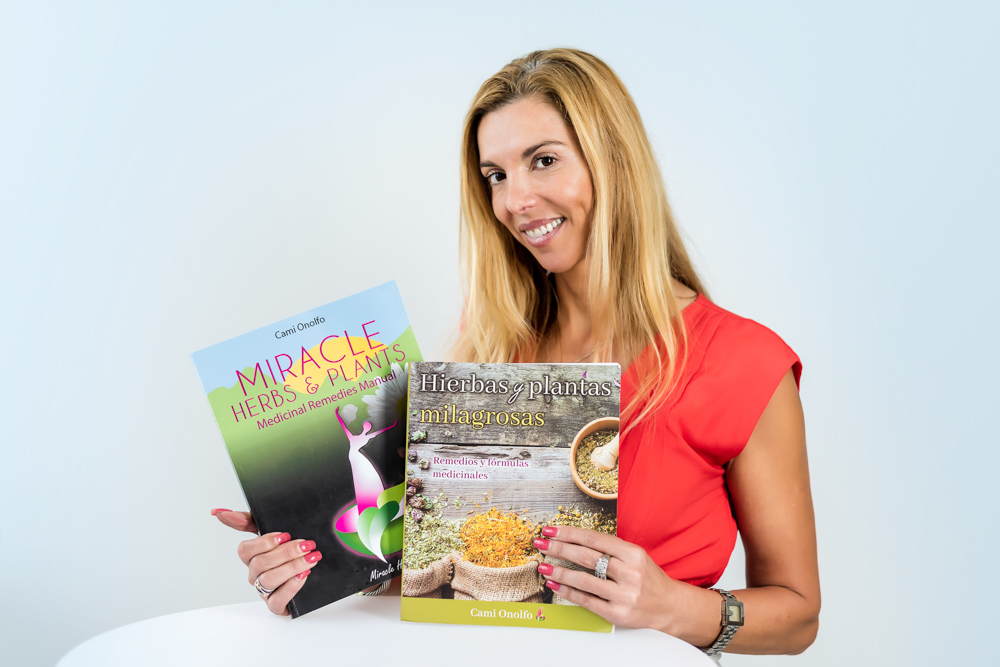Menopause Unveiled: Stages, Symptoms, and a Holistic Path to Wellness
- Cami Onolfo

- Jan 16, 2025
- 2 min read

Introduction
Menopause is a transformative phase in a woman's life, marking the end of her reproductive years. Yet, for many, it's shrouded in mystery, confusion, and even dread. From understanding its stages to managing symptoms and embracing a holistic approach, this blog unveils the empowering truth about menopause.
Whether you're entering perimenopause or navigating, you'll find valuable insights and practical solutions here.
What are the Stages of Menopause?
Menopause unfolds in three distinct stages, each with unique changes:
Perimenopause
- Begins several years before menopause, typically in the 40s.
- Characterized by fluctuating hormone levels, irregular periods, and early symptoms like hot flashes and mood swings.
Menopause
- Defined as 12 consecutive months without a menstrual period.
- Average onset is around age 51.
- Symptoms may peak, including night sweats, fatigue, and vaginal dryness.
Postmenopause
- Follow menopause and lasts for the rest of a woman's life.
- Hormone levels stabilize, but long-term health concerns, such as osteoporosis and heart diseases, may arise.
Common Symptoms and Health Issues
Menopause symptoms vary widely but often include:
Physical: Hot flashes, night sweats, weight gains, thinning hair, and joint pain
Emotional: Anxiety, depression, irritability, and brain fog.
Health Concerns: Osteoporosis, cardiovascular disease, and a decline in libido.
Holistic Approach to Menopause
Herbal Remedies
Black Cohos: Eases hot flashes and night sweats.
Red Clover: Rich in phytoestrogens, supports hormonal balance.
Ashwagandha: Reduces stress and Improves sleep quality.
Dong Quai: Known as the "female ginseng" it alleviates mood swings and cramps.
Vitex (Chaste Tree Berry): Supports progesterone levels and combats irregular cycles.
Supplements
Vitamin D and Calcium: Strengthen bones and reduce osteoporosis risk.
Omega-3 Fatty Acids: Improve heart health and combat depression.
Magnesium: Aids in better sleep and reduces anxiety.
Probiotics: Enhances gut health, improving digestion and immunity.
B Vitamins: Supports energy levels and cognitive function.
Foods That Help
Hormone-Balancing Foods: Flaxseeds, soy, and legumes (rich in phytoestrogens).
Bone-Boosting Foods: Leafy greens, almonds, and dairy or fortified alternatives.
Antioxidant-Rich Foods: Berries, citrus fruit, and colorful vegetables combat oxidative stress.
Foods to Avoid
Sugar and Refined Carbs: Worsen energy dips and weight gain.
Caffeine and Alcohol: Trigger hot flashes and disrupt sleep.
Processed Foods: Contain additives that may exacerbate inflammation and symptoms.
Exercise for Menopause Wellness
Regular exercise is crucial for managing menopause symptoms and improving overall health:
Strength Training: Builds bone density and prevents muscle loss.
Cardio Workouts: Boost heart health and aid weight management.
Yoga and Pilates: Enhance flexibility, reduces stress, and improve sleep.
Walking: A simple, low-impact way to maintain fitness and mentality clarity.
Stress Management
Managing stress is vital for hormonal balance during menopause.
Meditation and Deep Breathing: Calm the mind and regulate cortisol levels.
Journaling: Process emotions and track symptoms for better management.
Aromatherapy: Use essential oils like lavender and chamomile to promote relaxation.
Hobbies: Engage in creative outlets to boost mood and reduce anxiety.
Final Thoughts
Menopause is not the end; it's a new chapter. By embracing a holistic approach, you can transform this phase into an opportunity for growth and renewal. Herbal remedies, balanced nutrition, mindful movement, and stress management can help you thrive through menopause and beyond.



Comments